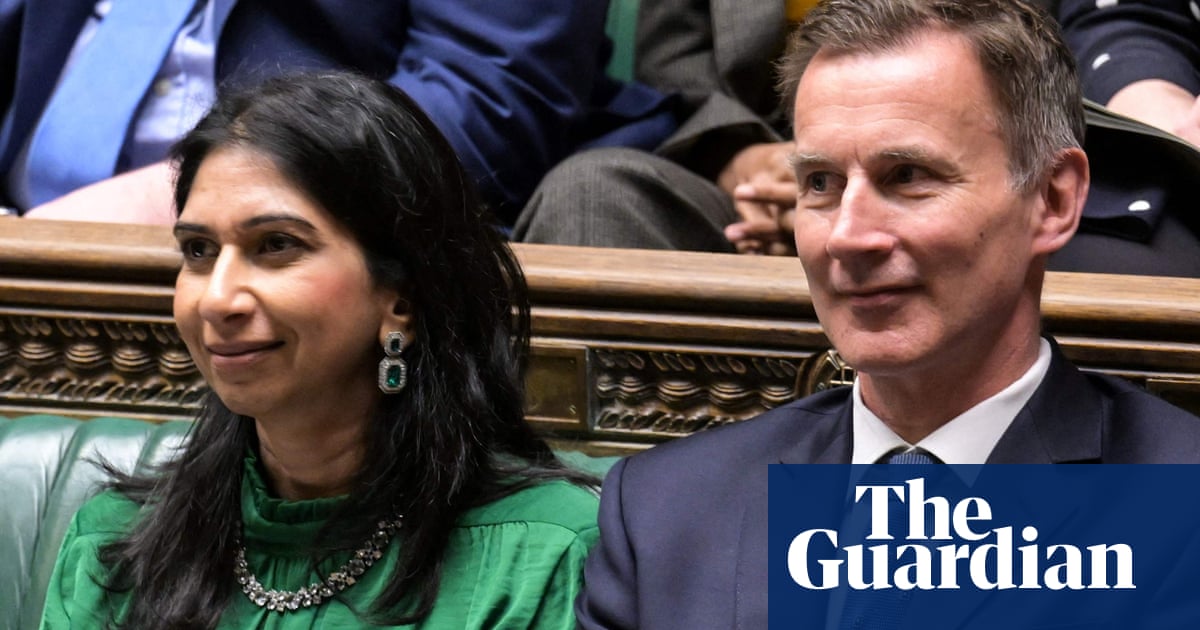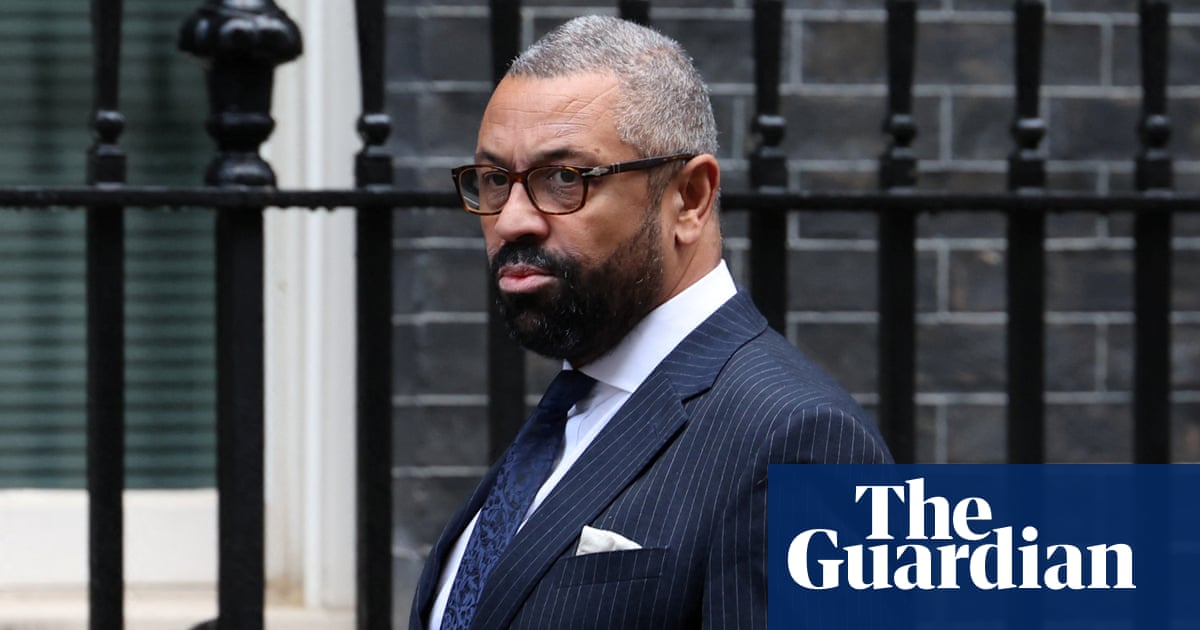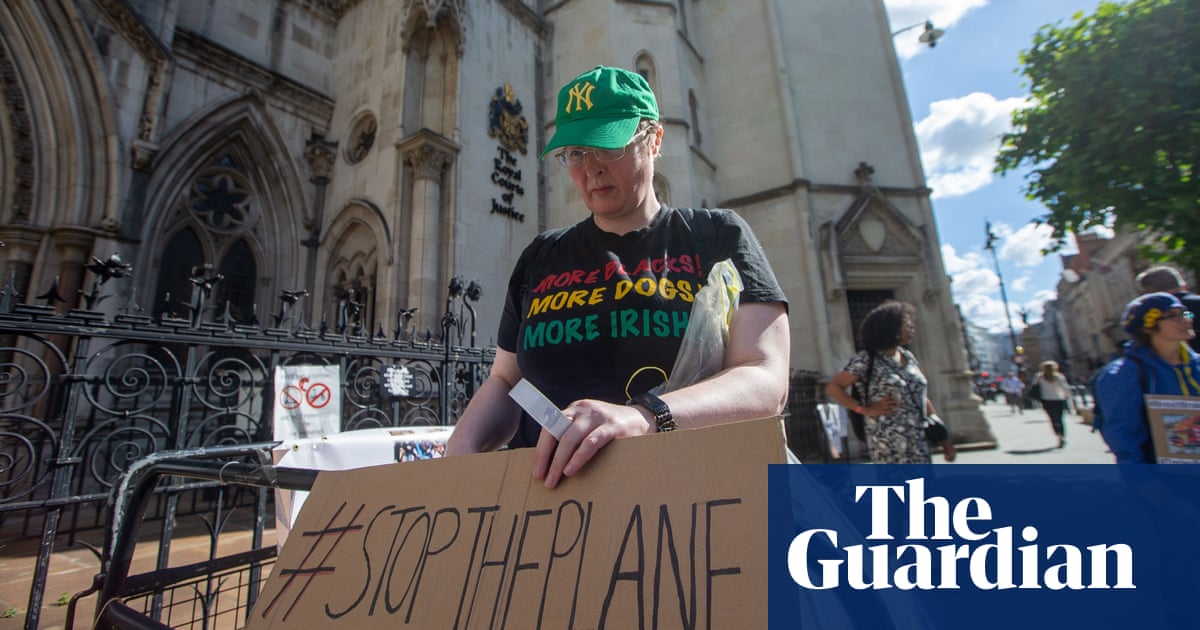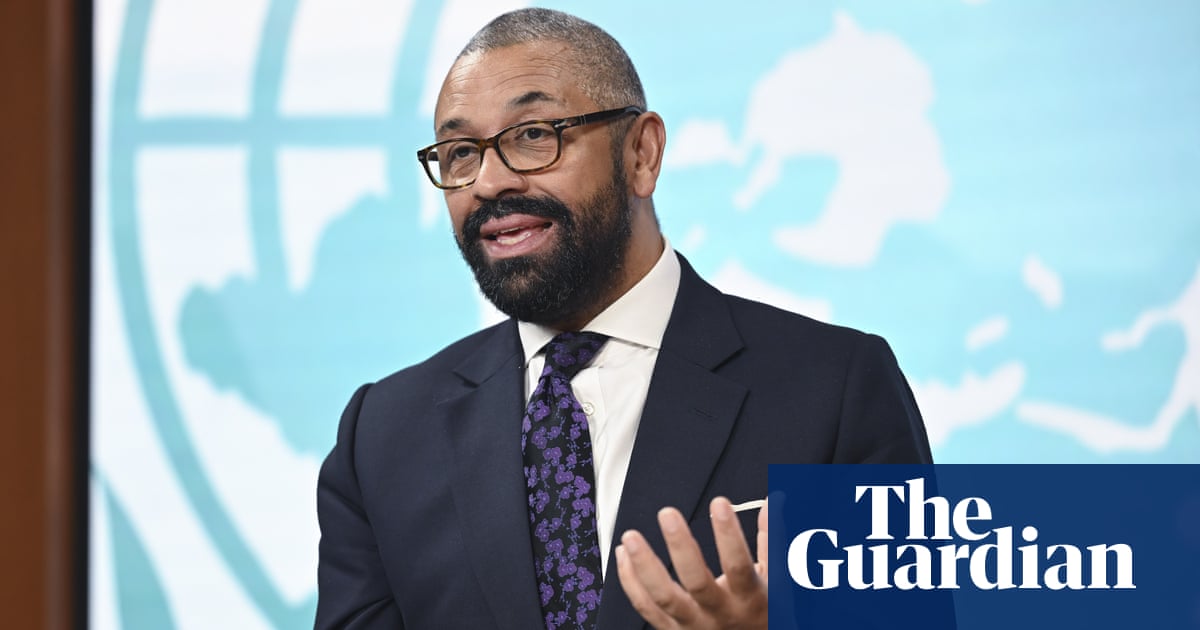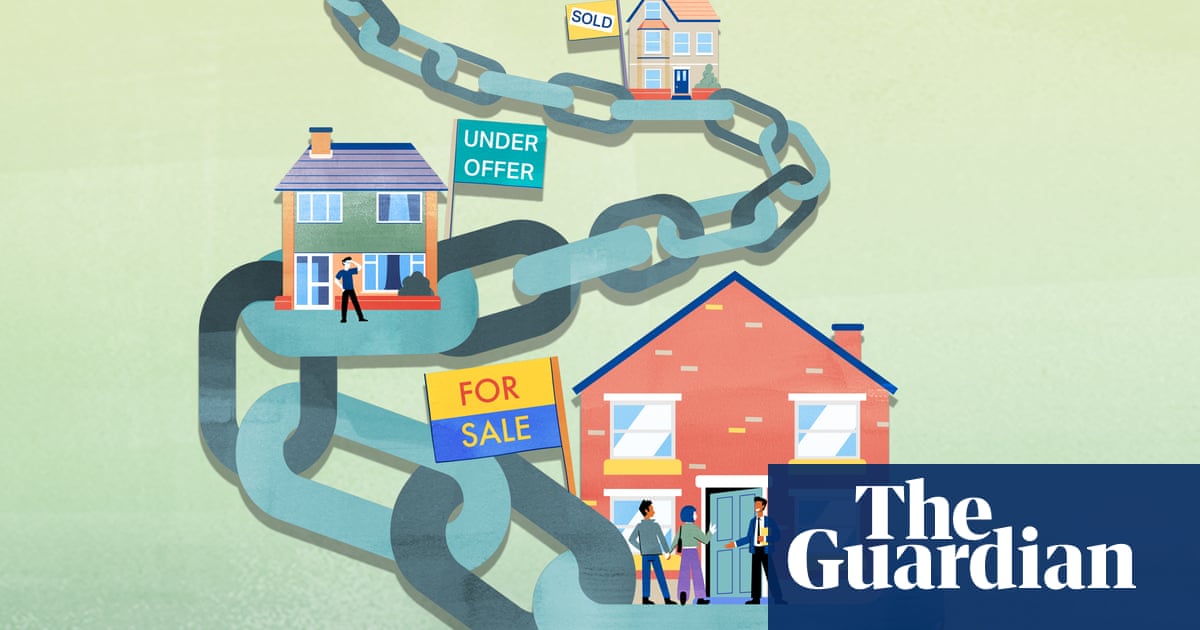
Rishi Sunak has made the first appointments of his cabinet reshuffle by keeping Jeremy Hunt as chancellor and appointing Dominic Raab as deputy prime minister and justice secretary, after the departure of nearly a dozen cabinet ministers.
The new prime minister also reappointed James Cleverly as foreign secretary, Ben Wallace as defence secretary and Suella Braverman as home secretary, just days after she left the role for breaching the ministerial code with an email leak.
The appointments are a sign Sunak is attempting to reach out across the party, given Wallace and Cleverly were prominent supporters of Boris Johnson, while Braverman is influential on the party’s Eurosceptic right.
The decision not to have a change of personnel in No 11 will be viewed as an attempt by Sunak not to upset the markets after weeks of turbulence over the Conservatives’ economic plans under Liz Truss’s administration.
However, Penny Mordaunt was left embarrassed after being reoffered her old job as Commons leader instead of the foreign secretary post she had pushed for, probably as punishment for trying to challenge Sunak’s coronation by forcing a contest earlier this week.
Steve Barclay resumed the role of health secretary that he had held at the end of Johnson’s administration, and Michael Gove, who was fired as levelling up secretary by Johnson, also got his old job back.
Others handed back their previous posts were Kemi Badenoch, the trade secretary, and Michelle Donelan, the culture secretary.
In the clearest signal Sunak wanted to placate Truss’s supporters, he kept Thérèse Coffey, the former deputy prime minister, in the cabinet, moving her to the role of environment secretary.
Mel Stride, Sunak’s campaign manager during the summer leadership contest, was also catapulted into the cabinet from his role as an influential backbencher chairing the Treasury select committee. As work and pensions secretary, he will play a key role in the debate about whether to raise benefits in line with inflation or pay.
The pound rose to its highest level since before Truss’s mini-budget last month after Sunak’s appointment as prime minister.
Raab returns to the roles he held under Johnson, as deputy prime minister and justice secretary. Simon Hart, another cabinet minister from the Johnson era, has been brought back in to restore party discipline as chief whip.
Sunak also appointed Nadhim Zahawi, another key Johnson supporter, as party chair, and his own key ally, Oliver Dowden, as chancellor of the duchy of Lancaster – a problem-solving role in the Cabinet Office. Grant Shapps, the former transport secretary who filled in as home secretary for less than a week, is moving to be business secretary.
Alister Jack and Chris Heaton-Harris were reappointed as secretaries of state for Scotland and Northern Ireland respectively. David TC Davies was appointed the new Wales secretary and Lord True was made lord privy seal and leader of the House of Lords.
Several senior figures quit the government on Tuesday, with Jacob Rees-Mogg stepping down as business secretary and Brandon Lewis resigning as justice secretary. Sunak sacked Chloe Smith as work and pensions secretary and the under-fire Wendy Morton as chief whip.
Others leaving government include Jake Berry (Conservative party chair); Robert Buckland (Welsh secretary), Ranil Jayawardena (environment secretary) and Kit Malthouse (education secretary). Vicky Ford, the Foreign Office minister for development who attended cabinet under Truss, has left the government too.
Sunak met departing ministers in his House of Commons office, a common tactic used to spare those sacked the indignity of walking up Downing Street in front of the cameras.
Rees-Mogg was a close ally of Johnson and Truss and attacked Sunak during his failed summer leadership campaign.
The Guardian understands that Rees-Mogg sent Sunak a resignation letter after he finished departmental questions in the Commons, moments after Sunak was confirmed as prime minister.
He had previously said he would not serve in Sunak’s cabinet. “I believe his behaviour towards Boris Johnson, his disloyalty, means that I could not possibly support him. And he wouldn’t want me in his cabinet anyway,” he told Sky News in July.
Rees-Mogg’s handwritten letter, dated St Crispin’s Day 2022, was swiftly followed by one from Lewis, the outgoing justice secretary, which said: “Our party is at a crossroads. We now have an opportunity to reunite and rebuild, and we must take it. We must come together and deliver the mandate we were given by the British people.
“We have a duty to the country to do so, at a time of economic hardship for so many. It is no exaggeration to say that the future of the Conservative party and everything we stand for is at stake if we do not.”
Morton, who caused immense controversy under Truss over a fracking vote, tweeted that she was “heading to the backbenches from where I will continue to represent the constituents, businesses and communities of Aldridge-Brownhills”.
Berry tweeted that “all good things must come to an end” and said he relished rejoining the backbenches, while Jayawardena, who quit as environment secretary, said he was standing down from the cabinet as he believed Sunak wanted to assemble “a new team”.
Buckland urged that the 2019 manifesto be implemented “to ensure that our country emerges stronger from the storms that beset us”. Buckland had told friends he expected to go after switching support from Sunak to Truss over the summer.
A No 10 source said Sunak would complete much of the reshuffle on Tuesday afternoon, though it could continue into Wednesday.




